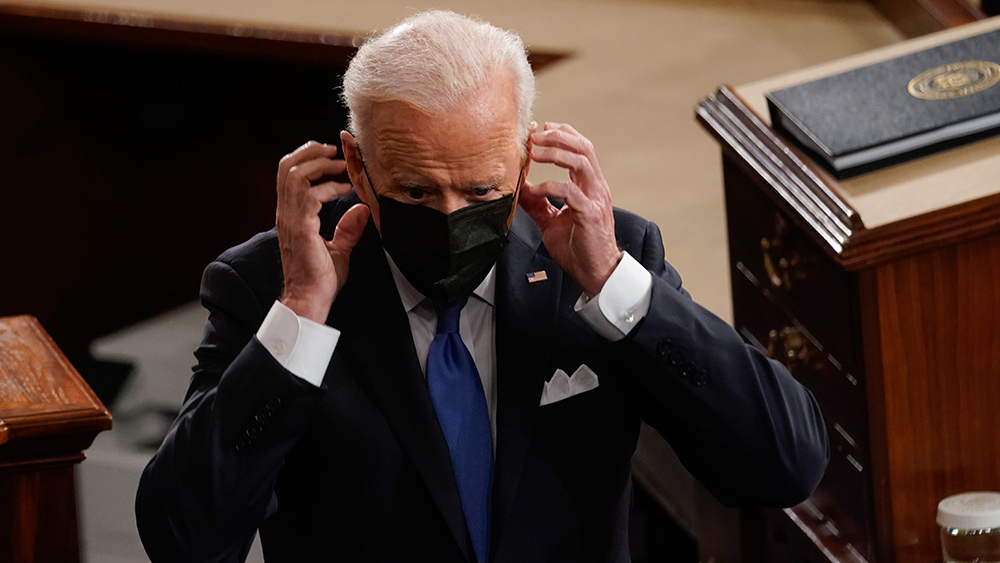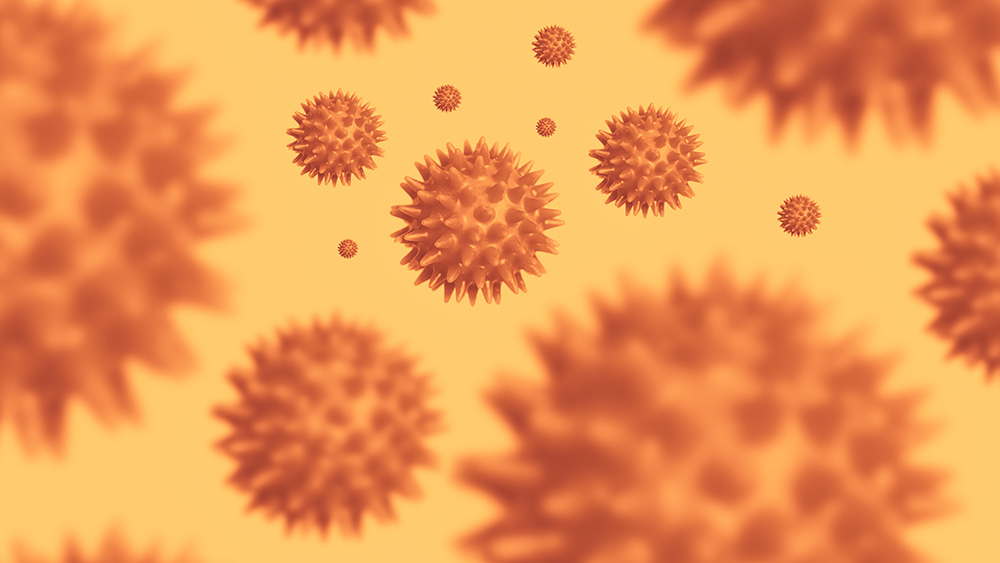Tampered images may have led Alzheimer’s research to fraudulent conclusions
08/10/2022 / By Belle Carter

One of the most prevalent research papers on Alzheimer’s is likely a result of fraud. Years of research and hundreds of millions of taxpayer dollars may have been wasted on findings based on falsehoods.
The 2006 study was published in Nature and was written by Sylvain Lesné from the University of Minnesota, Twin Cities (UMN). This study has dominated the scientific community as a basis for other research on Alzheimer’s and has been cited repeatedly.
It supports a controversial hypothesis about Alzheimer’s: the amyloid hypothesis. The hypothesis suggests that protein amyloid beta clumps, called plaques, are a primary cause of Alzheimer’s when it exists in brain tissue.
However, Vanderbilt University neuroscientist and physician Matthew Schrag noticed that the images didn’t exactly match up. It appears that the photos used to support the study were actually composites from various other experiments, pieced together to form a single image. The images did not even appear to be from the study at all.
A six-month investigation by Science provided strong support for Schrag’s suspicions. Science reported that a leading independent image analyst and several top Alzheimer’s researchers reviewed most of Schrag’s findings at Science‘s request. It was concluded that Lesné’s research was, at the very least, tainted.
Top molecular biologist and forensic image consultant Elisabeth Bik pointed out that it appeared the authors of the study pieced together various parts of different photos from different experiments and passed them off as original and new, exclusive to their own study.
“The obtained experimental results might not have been the desired results, and that data might have been changed to better fit a hypothesis,” she said.
Dennis Selkoe, a neurologic diseases professor at the Harvard Medical School, also reviewed the images and found 12 to 15 images that had been intentionally doctored. He called these “very worrisome” as he used to advocate for Lesné’s research.
Colleague: It is devastating that Lesné altered the images in 2006 study
The controversial study came from the lab of UMN physician and neuroscientist Karen Ashe. In an e-mail she sent to StarTribune, she said it is “devastating” that a colleague might have doctored images. However, she still defended the authenticity of her groundbreaking work on the origins of Alzheimer’s disease.
Ashe did not comment about the scandal on the veracity of studies led by Lesné. However, she slammed the article on Science.
According to Ashe, the article “exaggerated” the effect of the said research on downstream drug development to treat Alzheimer’s-related dementia. (Related: University scientist accused of doctoring Alzheimer’s research results to promote new drug.)
“Having worked for decades to understand the cause of Alzheimer’s disease, so that better treatments can be found for patients, it is devastating to discover that a co-worker may have misled the scientific community and me through the doctoring of images,” Ashe said in the email. “It is, however, additionally distressing to find that a major scientific journal has flagrantly misrepresented the implications of my work.”
Analysts say that Ashe seems to be portraying herself as a victim in the scandal. Before the study was even published, she should have checked the accuracy of her colleague’s work. She has co-authored as many as 10 papers with Lesné, and some of these may also include imagery that has been manipulated or duplicated to inflate the role of a protein in the onset of Alzheimer’s.
Lesné received several National Institutes of Health (NIH) grants amounting to $774,000 from 2008 through 2012. He was also awarded more than $7 million in additional NIH grants related to the origins of Alzheimer’s.
Visit Alzheimers.news for more news related to Alzheimer’s disease.
Watch the below video that talks about natural treatment for Alzheimer’s disease.
This video is from the Holistic Herbalist channel on Brighteon.com.
More related stories:
Olive oil consumption found to reduce risk of death due to cancer, heart disease and Alzheimer’s.
Study: Strawberries can help protect against brain inflammation and Alzheimer’s.
The link between sleep deprivation and Alzheimer’s.
Sources include:
Submit a correction >>
Tagged Under:
Alzheimer's, conspiracy, discoveries, faked, NIH, rational, real investigations, research, science deception, science fraud, skeptics, traitors, truth, University of Minnesota
This article may contain statements that reflect the opinion of the author



















